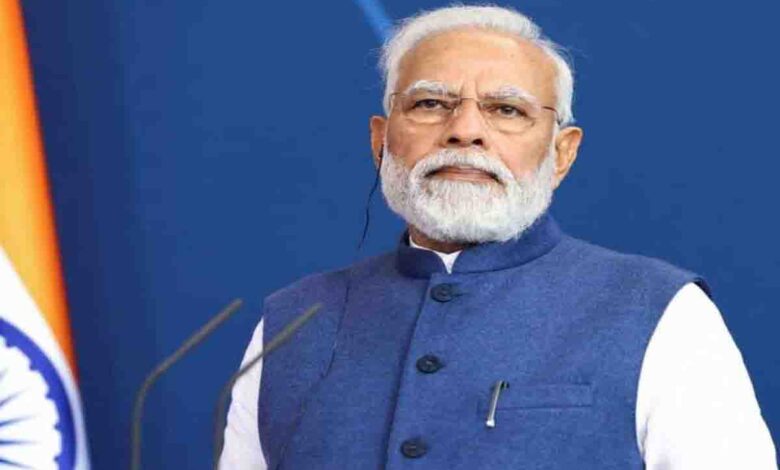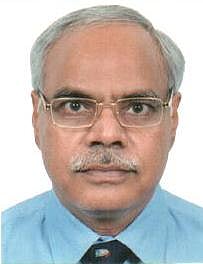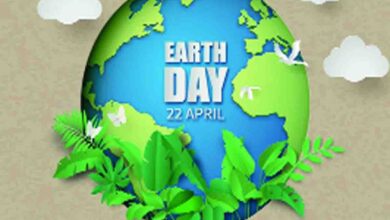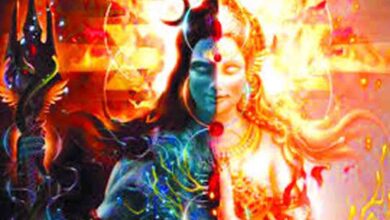SWOT analysis of the Lok Sabha elections 2024

Monday, 01 July 2024 | Dr BKS Sanjay | DEHRADUN
 Dr BKS Sanjay
Dr BKS Sanjay
GUEST COLUMN
The results of the recently concluded Lok Sabha election 2024 of India has not only changed the political scenario but will also alter the socio-economic scenario. One feels that it will be a herculean task for Prime Minister Narendra Modi to tackle the challenges of inflation, unemployment, reservation and over population in the current scenario. This is a SWOT (Strength, Weakness, Opportunity and Threat) analysis of the 2024 parliamentary poll results.
Strength: Unprecedented infrastructure development, flourishing economy, abrogation of Article 370, no terrorist attack anywhere in the country barring J&K, improvement in foreign policy and good relations with two superpowers of the world and many more proactive actions have proved the strength of PM Modi in his last tenure. He became the undisputed leader of India and the world before election 2024 results.
Weakness: Short of majority after the election, rebuke by RSS authorities, no show of concern for rising inflation and unprecedented unemployment have marred the reputation of PM Modi which is evident in the election results.
The core BJP and RSS workers belong to rich and self-employed groups or categories who did not show any concern for these issues which matter a lot to the poor, labourers and unorganised sector workers. One could blame the arrogance of leadership particularly on the issue of farm laws, no show of concern for rising inflation and unemployment by core BJP leadership and aggression by certain BJP workers on even minor day to day social issues which sometimes they see and weigh through the prism of religion.
The move to keep the Chief Justice of India away from the selection process of the Chief Election Commissioner and other similar issues has changed the perception of the neutral Indian intellectuals. The top leadership did not realise dynamic thinking of voters as evident in the pattern of voting in later phases of the election. The duration of the election process was quite prolonged. The slogan of 400 paar worked as a double-edged sword. It was observed that a segment of BJP leadership emphasised on various platforms that 400 plus MPs are needed to bring the changes in the constitution to tackle various social and religious issues. Muslims perceived that it would be detrimental to them therefore they united en masse and voted for non-BJP parties across the country.
Opportunity: It is a rare opportunity that Modi has completed the last two terms and started his third consecutive term which no other PM has achieved since independence except the first PM Jawaharlal Nehru (1947-1964). PM Modi still commands the largest number of Members of Parliament. He should prove his worth in a better way in the third term in harmony with all MPs particularly with opposition MPs.
The concept of reservation is one of the simple and easy means which is an implementable idea to uplift the lives of hundreds of thousands of underprivileged citizens which the Modi government has agreed in principle and practice and following that the Government of India under his leadership has created 10 per cent reservation for Economically Weaker Sections (EWS). As the government has gone the extra mile to implement EWS reservation, if similar steps were taken to fulfill the reservation for OBC, Dalit and other reserved categories, then the election results would have been different.
Threat: Seeing the failure of many political alliances and sudden fall of various governments in the past, one can anticipate that the Modi 3.0 regime may remain under threat due to a lack of a clear majority. Currently the BJP government is dependent on its allies like TDP and JDU. Both these parties are known for continuous bickering not only on major but on minor issues as well. They may prove to be nightmares for the Modi 3.0 regime.
Challenges: Human resource is the greatest resource on earth. If we want to realise the dream of self-reliant India then the government should make policies to provide quality health, education and nutrition to all citizens preferably at subsidised rates.
A proactive approach was adopted by Modi 1.0 and Modi 2.0 regimes particularly on health issues through various programmes. This was commendable and all citizens are reaping the benefits irrespective of the caste, creed, gender, region and religion. Education is becoming unavailable in the public sector and if available, the quality is not as desired. If quality education is available in private sectors, it is expensive and unaffordable for the common man. The profit margin of these private players is many times more than their investment. In fact, these institutions have become money minting ventures. The government should bring some sort of MRP in the health and education sectors.
Employment and inflation had been issues during Modi’s first term too but the voters thought that these issues needed some time to be resolved. Therefore, the voters who elected the BJP to the power in 2014 and 2019, went away from the BJP fold in 2024 perceiving that BJP is not concerned with the rising inflation and unemployment and implementation of reservation issues because BJP is a “pro-business community party”. Whether we accept it or not, caste and religion are important factors in Indian society which work as a pivot. These had been and are still the core criteria of all policy makers of India depending upon the ideology of the party.
It is suggested that the current Modi 3.0 regime should focus on the issues of rising inflation, unemployment and reservation. The government should provide an opportunity of employment or a business to at least one person in each family. The job could be either in public or in a private sector with a salary of about Rs 10,000 to Rs 20,000 per month for their livelihood. The criteria of employment should be changed. For all practical purposes any person who is employed in any sector- public or private, organised or unorganised, should be considered an employee. The people doing business in any form should be considered under the network of employment or business. There should be a registry for that.
Overpopulation is causing depletion of all natural and manmade resources across the world. Overpopulation is leading to undue stress, competition and conflict. Awareness should be spread that overpopulation is the root cause of all ills in India. A two-baby norm per couple if enacted is a sustainable and a very effective way of curbing the population menace. The sooner the population control bill is passed in the parliament the better it will be. If it is not done there will be more and more conflict to gain control on all natural and manmade resources.
(The author is a Padma Shri recipient orthopaedic surgeon based in Dehradun. Views expressed are personal)






